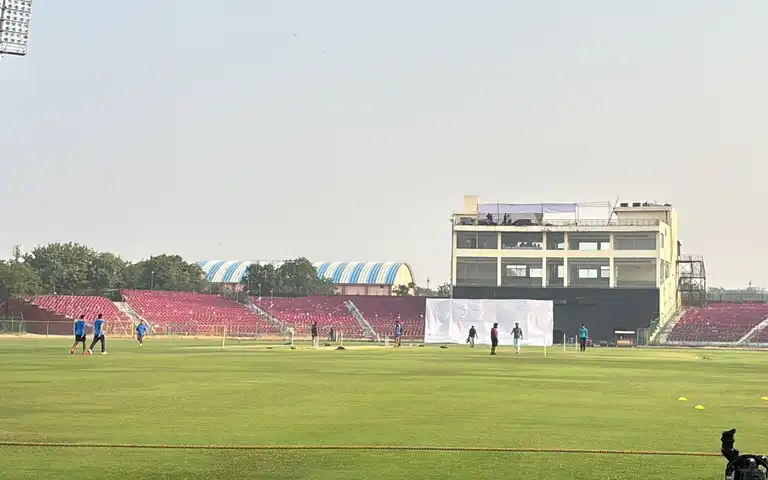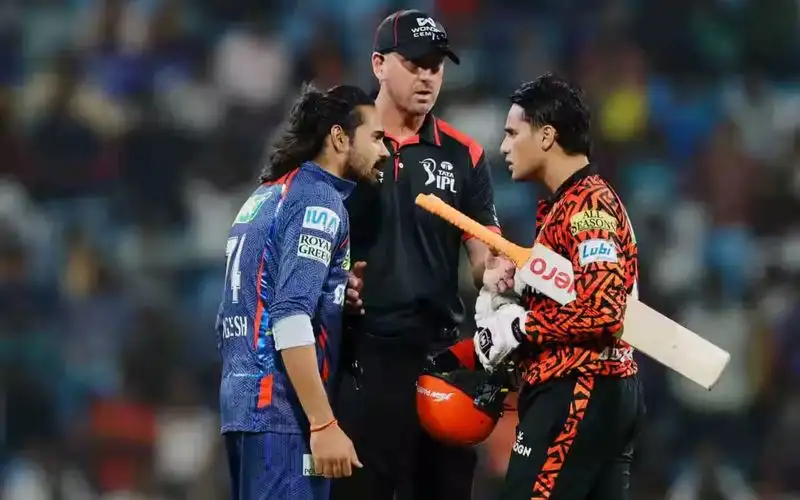![Danish Kaneria [Source: @MeenaRamkishan0/X]](https://onecricketnews.akamaized.net/parth-editor/oc-dashboard/news-images-prod/1747717963844_Jaipur_Stadium_11.jpg?type=hq) Danish Kaneria [Source: @MeenaRamkishan0/X]
Danish Kaneria [Source: @MeenaRamkishan0/X]
In a symbolic gesture reflecting deepening diplomatic strains, Jaipur’s Sawai Man Singh Stadium has removed a photograph of former Pakistan leg-spinner Danish Kaneria from its premises.
The decision has ignited discussions about the intersection of sports, politics, and history in India-Pakistan relations, drawing reactions from cricket enthusiasts and analysts across the subcontinent.
Jaipur Stadium Erases Kaneria Amidst India-Pakistan Rift!
The photo’s removal coincides with heightened tensions following the recent Pahalgam terror attack in Jammu and Kashmir, which killed 26. Kaneria, now a vocal critic of Pakistan’s leadership, publicly questioned Prime Minister Shehbaz Sharif’s silence on the incident.
On social media, he challenged Islamabad’s stance, stating, “If Pakistan truly has no role in the attack, why hasn’t @CMShehbaz condemned it?” His remarks, rare for a former Pakistani athlete, have polarized opinions, earning both praise and backlash.
Why Was Danish Kaneria's Image Displayed At Jaipur?
The presence of Kaneria’s image at the Sawai Man Singh Stadium had long puzzled observers, as he never played an international match there. Stadium officials clarified that the photo was part of a gallery honoring notable cricketers who competed against India.
However, amid escalating bilateral tensions and Kaneria’s polarizing political commentary, authorities opted to withdraw the image to avoid controversy.
Danish Kaneria's Career
Danish Kaneria, Pakistan’s second Hindu cricketer after Anil Dalpat, represented the national team in 61 Tests and 18 ODIs between 2000 and 2012. Renowned for his sharp leg-break bowling, he claimed 261 Test wickets—the fourth-highest tally for Pakistan—including 15 five-wicket hauls. His record against India was particularly notable: 44 wickets across 11 Tests and 2 ODIs, with standout performances in high-stakes matches.
However, Kaneria’s career unravelled in 2012 after he was banned for life by the England and Wales Cricket Board (ECB) for his involvement in a spot-fixing scandal during his county stint with Essex. The controversy overshadowed his on-field achievements and marked an abrupt end to his international journey.






